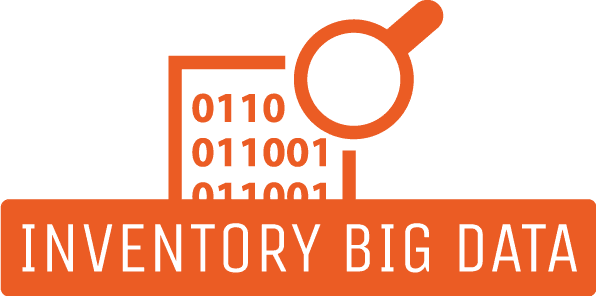Oliver – Data Scientist
Description
The data produced by the companies is sensitive and confidential information which is subject to strict and permanent surveillance by the data scientist Oliver.
Who is Oliver?
Oliver had always been fascinated by the world of data science and technology. As a child, he spent hours tinkering with computers and learning about programming languages. He knew from a young age that he wanted to pursue a career in this field.
After completing his degree in computer science, Oliver landed a job as a data scientist at a large industrial company. He was thrilled to have the opportunity to use his skills and knowledge to help the company improve its operations and make data-driven decisions.
As a data scientist, Oliver worked on a variety of projects, using advanced analytical and statistical techniques to extract insights from large datasets. He developed algorithms and models to predict trends and forecast demand, and he helped the company optimize its supply chain and improve its efficiency.
Over the years, Oliver became an expert in his field and was highly respected by his colleagues. He was constantly learning and staying up to date with the latest technologies and trends in data science, and he was always looking for ways to apply these advancements to the company’s operations.
Meeting routines
Data Factory Box Method for Industrial Maintenance Optimization
Olivier: Hi Eliott, how are you doing? I’d like to talk to you about a project we’re currently working on.
Eliott (Maintenance Operator): Hi Olivier, I’m doing well, thanks. What is it about?
Olivier: We’ve implemented a new method called Data Factory Box, which aims to automate data collection on each industrial site. We think this could be useful for your work as a maintenance operator.
Eliott: Can you tell me more about this method?
Olivier: Sure. Data Factory Box uses sensors and IoT technologies to collect real-time data from various industrial equipment, such as machines, production tools, and vehicles. The collected data is then stored in a centralized database and processed to provide useful insights on equipment performance, predictive maintenance, and inventory management.
Eliott: That sounds interesting. How could this help me in my work?
Olivier: Well, by using Data Factory Box, you can get accurate and real-time information on the status of the equipment you maintain. This allows you to plan and carry out preventive maintenance in a timely manner, avoid unexpected downtime, and maximize equipment lifespan. Additionally, you can also track inventory levels in real-time and manage spare parts more efficiently.
Eliott: This seems like a very useful solution to improve maintenance efficiency. How can we implement this on our industrial site?
Olivier: We will work with your team to install the sensors and configure the system to collect the appropriate data. We will also train your team in the use of the system and provide ongoing support to ensure everything is working correctly.
Eliott: Perfect, I’m looking forward to working with you on this project and seeing the benefits of implementing the Data Factory Box method for our maintenance.
Olivier: Thank you, Eliott. We are excited to work with you on this project and move our company towards a more data-driven approach to predictive maintenance.
IoT Solution to Improve Predictive Maintenance: The Data Factory Box Method
Olivier: Hi, I’m Olivier, responsible for industrial maintenance at ABC Manufacturing. We have been having issues with predictive maintenance and I would like to discuss how you can help us.
External Supplier: Hi, I’m Jean, a representative from the IoT technology supplier. Can you tell me more about your maintenance problem?
Olivier: We have been having difficulties with our predictive maintenance system. We are struggling to get accurate and real-time data on the status of our equipment, making it difficult to plan preventive maintenance and can lead to unexpected downtime.
Jean: I have a solution that could help. We have implemented a method called Data Factory Box, which uses sensors and IoT technologies to collect real-time data from various industrial equipment. The collected data is then processed to provide accurate insights on equipment performance, predictive maintenance, and inventory management.
Olivier: That sounds interesting. How can we implement this on our industrial site?
Jean: We will work with your team to install the sensors and configure the system to collect the appropriate data. We will also provide training on the use of the system and ongoing support to ensure everything is working correctly.
Olivier: This is a solution that could really help our company improve the efficiency of predictive maintenance. Thank you for your proposal, we will certainly consider using the Data Factory Box method to solve our maintenance issues.
Jean: Thank you, Olivier. We are excited to work with you and move your company towards a more data-driven approach to predictive maintenance.






